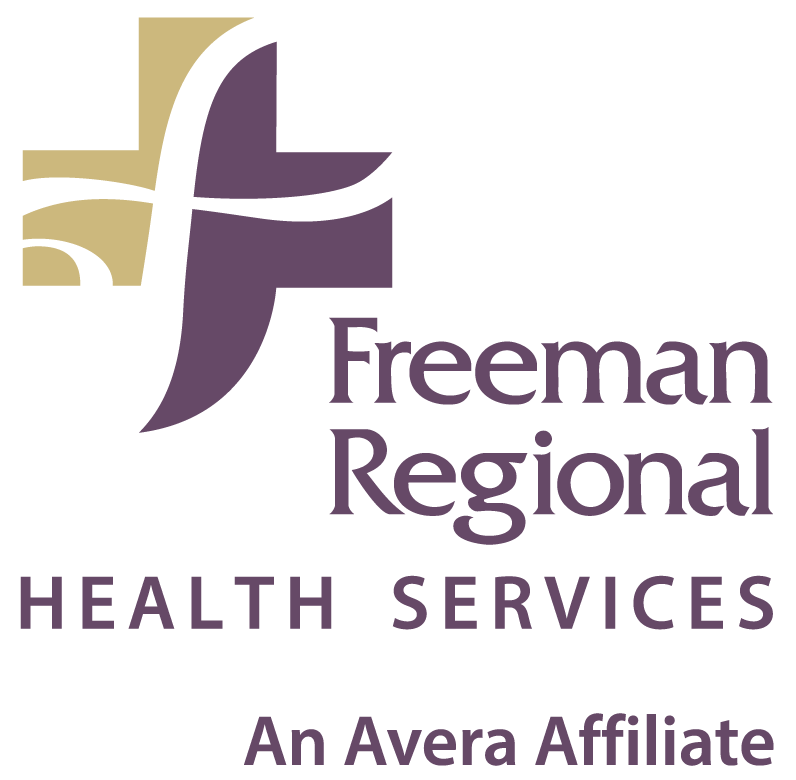April is Donate Life Month
We all want to contribute to something greater than ourselves, and what better cause is there than saving a life? Each person has the power to save lives through organ, tissue, cornea, blood and bone marrow donation. Let’s look at a few common questions and their answers.
Who Can Donate Life?
Almost any person who’s relatively healthy can donate blood. In fact, a blood shortage was one of many unwelcome outcomes of the pandemic. If you don’t regularly give blood – please consider it. Because it’s truly the gift of life. A short screening process takes place each time you donate to ensure you’re healthy enough to give. Check your local community news and events for opportunities to donate blood.
There are two types of organ and tissue donation – living and deceased. All of us can make our wishes known to be a deceased donor. This means in the event of your death, it may be possible to harvest your organs or tissue for people in need. Let your closest loved ones know, and have your decision marked next time you get your driver’s license renewed.
If you’re healthy you may also qualify to be a living donor of a kidney, as it’s possible for us to live healthy lives with only one kidney. Living kidney donors are often those who have a relative or friend in need of a kidney. But it’s also possible to give a kidney anonymously.
Systems in place match available donors with patients in need. These matches are based on science – blood and tissue type – as well as distance from the person in need.
Residents of Minnesota, North Dakota and South Dakota can register to be a donor online at life-source.org. Or, learn more at donatelife.net.
People between the ages of 18-40 can also sign up as a possible donor of bone marrow and stem cells. Learn more at bethematch.org.
How Do Donations Help Others?
Nationwide, there are over 100,000 on the wait list for an organ transplant. Just one person can save and heal more than 75 lives through organ, eye and tissue donation. Organs that are commonly transplanted include:
- Kidney
- Liver
- Pancreas
- Heart
- Lungs
In addition, a number of types of tissues, including eyes or corneas, heart valves and bone all can help others. Each year, advances in medicine are allowing more people to give the gift of life as skin, veins and arteries and even nerves now can provide a lifeline to a patient facing a crisis.
People who need a transplant may believe they have to travel long distances to receive this level of care. But kidney, pancreas and liver transplant, as well as bone marrow transplant, are all available through Avera at Avera McKennan Hospital & University Health Center in Sioux Falls.
Is it Against my Religion?
Most faiths encourage people to consider donations of tissue and organs. It’s an act of compassion, and it can lead to health in another person. In addition, the person who donates can still have a complete funeral and viewing, if they wish.
Thanks for Giving
For various reasons, people cannot donate blood, bone marrow or organs. But you can still give of your time and resources.
For example, our local hospital thrives in part because of the volunteers who help patients and our teams in our health ministry. They do so much vital work – we don’t know where we’d be without our volunteers! Financial donations help us provide facilities, equipment and programming that we otherwise wouldn’t have budget for. And there are many other ways to give across our area, state, nation and world.
Giving back can be a gift to ourselves, adding meaning and purpose to our lives. So this April, think about how you might come to the aid of others. The gift you share may end up saving someone you love.
Freeman Regional Health Services is sponsoring a blood drive on Wednesday, May 25. Please contact LifeServe Blood Center by calling 800-287-4903 or going online to www.lifeservebloodcenter.org to book an appointment.

